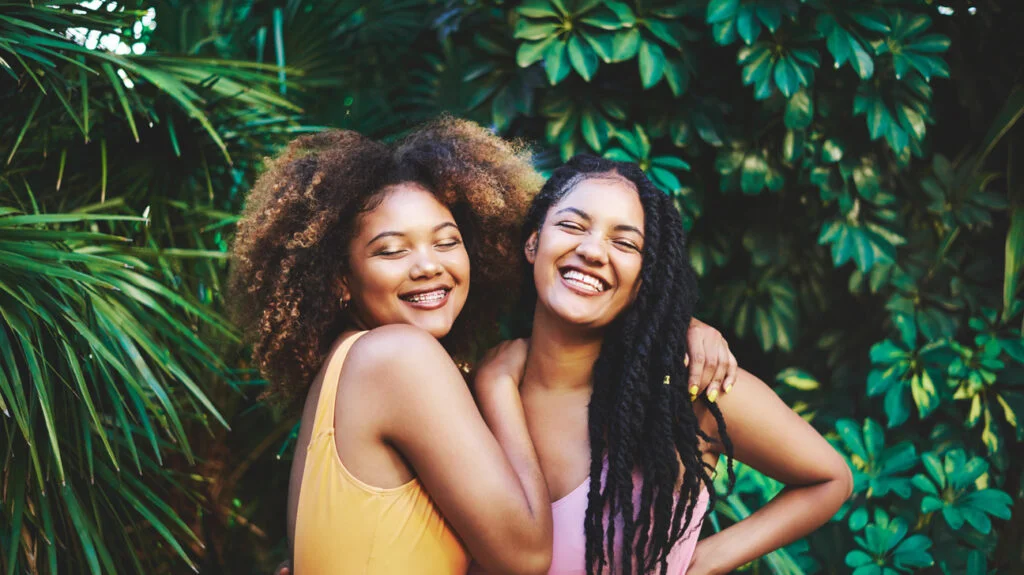ppr-revolution.com – The Natural Hair Movement is a cultural phenomenon that has gained momentum over the past few decades, particularly among individuals of African descent. It is a movement that encourages people to embrace their natural hair texture, rejecting the Eurocentric standards of beauty that have historically favored straight hair. This movement is not just about hair; it’s a celebration of cultural identity, self-love, and freedom of expression.
The History of the Natural Hair Movement
The roots of the Natural Hair Movement can be traced back to the Civil Rights era of the 1960s and 1970s. It was a time when African Americans were reclaiming their cultural identity and rejecting the assimilationist pressures of the past. Icons like Angela Davis and the Black Panther Party members popularized the Afro as a symbol of Black pride and resistance. The movement waned in the following decades but has seen a resurgence in the 21st century, fueled by social media and a new generation of activists and influencers.
Embracing Texture: The Journey to Self-Love
For many, embracing natural hair is a journey that involves unlearning societal norms and learning to love and appreciate one’s unique hair texture. This journey can be challenging, as it often requires confronting internalized biases and navigating societal expectations. However, it is also incredibly empowering, leading to a greater sense of self-confidence and identity.
The Impact of the Natural Hair Movement
The Natural Hair Movement has had a significant impact on society, challenging beauty standards and promoting inclusivity. It has led to greater representation in media and advertising, with more brands featuring models with natural hair textures. The movement has also sparked important conversations about race, identity, and the politics of hair.
Overcoming Challenges in the Workplace and Society
Despite the progress, individuals with natural hair still face challenges, particularly in the workplace. There have been numerous instances of discrimination against natural hair, leading to calls for legislation to protect individuals’ rights to wear their hair naturally. The movement continues to advocate for acceptance and recognition of natural hair as professional and beautiful.
Celebrating Diversity and Freedom of Expression
The Natural Hair Movement is a testament to the beauty of diversity and the importance of freedom of expression. It encourages people to celebrate their unique textures and styles, whether they prefer locs, twists, braids, or the natural Afro. The movement is a powerful reminder that beauty comes in all shapes, sizes, and textures.
Conclusion
The Natural Hair Movement is more than just a trend; it’s a cultural shift that is reshaping perceptions of beauty and identity. By embracing their natural hair, individuals are reclaiming their heritage, expressing their individuality, and challenging societal norms. As the movement continues to grow, it will undoubtedly inspire future generations to love and celebrate their natural selves.
